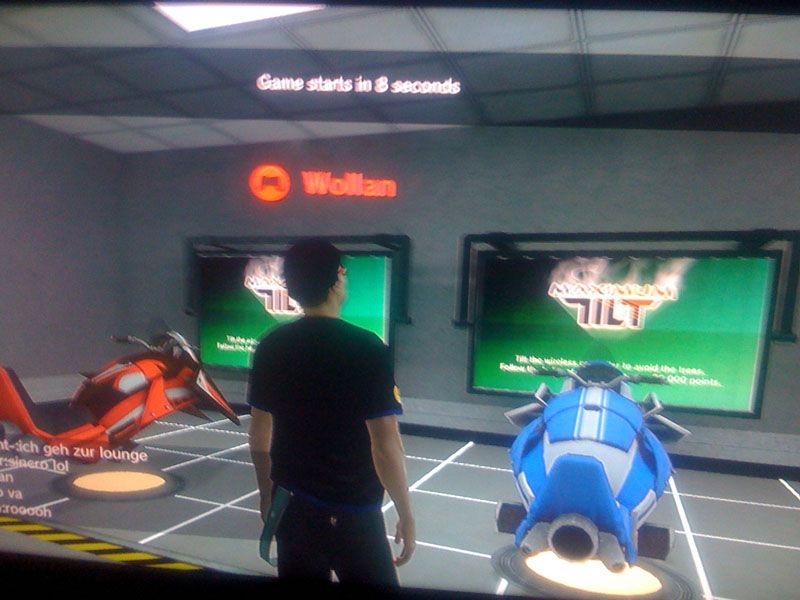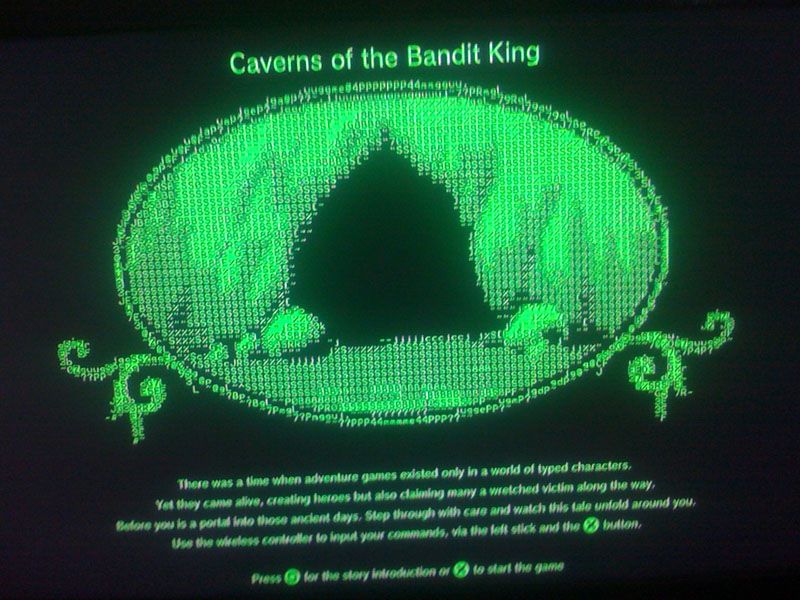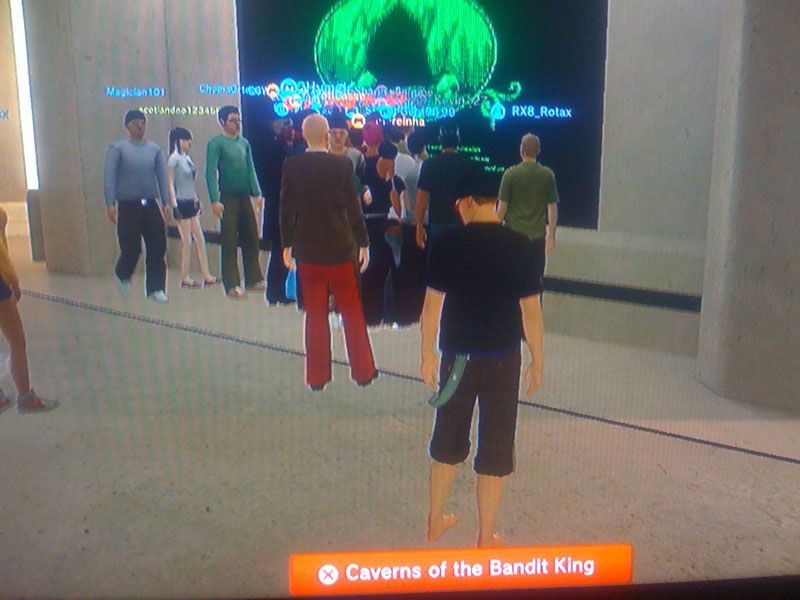Q: You're running an alternate reality game in home to encourage stickiness and communication between gamers. Are you looking towards ARG design to build a lot of the content in Home?
Peter Edward: We're providing a little bit of everything. We're providing the platform. We're providing the tools. And we're providing some benchmark content to inspire and give ideas to other publishers about what's possible and what they could do. Xi is showing you that you can have something far-ranging and a bit outside the box, but ultimately achievable. We're not in the business of creating the content for the Home platform. We're creating that initial spark. Other developers and publishers take those examples and build on them.
Q: So are you expecting developers and publishers to not only build spaces but also gameplay experiences and content.
Peter Edward: Absolutely.
Jack Buser: You're already seeing that with Electronic Arts. They are doing a lot of work with the community. The producer of an EA sports game is basically there, answering questions from the community. That's not a full on ARG, but that is a type of engagement we did not predict.
Peter Edward: It's really interesting to see what other teams do with the environment and the platforms we put out there. It really is quite stunning. It's stuff we never expected. Home is a platform. It's a software platform opposed to a hardware platform. And as is the way with most platforms, the first round of development is pretty safe. It works. But people are getting the hang of how it works, and that's starting to come through in the content. We're just now seeing the next generation of content.
...
Q: From a third-party perspective, what percentage of publishers are interested in Home?
Jack Buser: Every major publisher is interested in Home. Here you can speak directly to the PlayStation audience on the platform that your product is on. It is unbelievably uneconomical. And there are commerce opportunities for partners. You have publishers and brands coming into Home looking to engage with an audience, but they also have the opportunity to generate revenue. It's a model that makes sense for everybody. It's kind of a perfect storm.
...
Q: What were some of the hard calls you had to make during the development process?
Peter Edward: The biggest choice was when to put it out there. It's not a new subject for debate: Why did this take so long? We announced it two years ago and it took until last December to actually get it out in beta. The most difficult aspect of development was making that call of when to put it out there, and more importantly making the decision not to put it out there until it was ready. We could have put it out there much, much earlier, and obviously that was the plan, but during development it became clear that this would be a long-term platform play rather than a flash in the pan. We needed to make sure it was robust, that it had sufficient feature set to be appealing, that the tool set allowed developers to make content for it. And all this meant we needed to give it enough space to actually be fully featured. It's still evolving and there is more we're adding to it.






